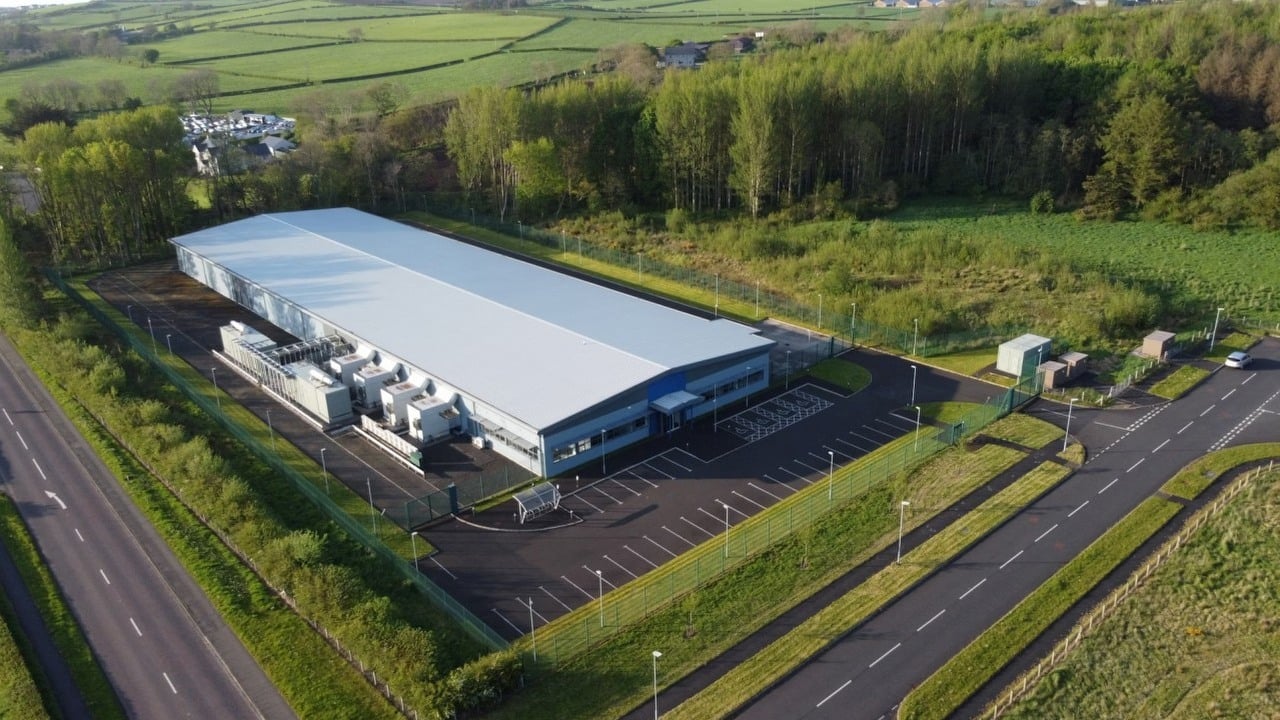
The current excitement around AI is leading to a surge in demand for data centers, and this is starting to affect smaller towns and cities, especially in countries looking to build more of these facilities. In the U.S., local residents are increasingly opposing new data center projects, and some communities have even taken legal action, like holding votes to block construction.
People do not want data centers in their vicinity
Recently, The Washington Post reported a growing trend across the United States: communities are increasingly pushing back against the construction of data centers. This resistance sometimes results in legal battles, like the one currently happening in Saline, Michigan.
After the city council rejected the building plan, Related Digital filed a lawsuit against Saline. Several residents who had intended to sell their property supported the company’s legal action. The lawsuit argued that Saline’s zoning rules were unfairly restrictive. Ultimately, they reached a compromise that Saline officials weren’t happy with, but it does include restrictions on water use and provides funding for the fire department and other community facilities.
Some cities are taking stronger action to address concerns about data centers. For example, Saint Charles, Missouri, has temporarily stopped all new data center construction for a year. This decision came after a developer, CRG, proposed building a data center near the city’s water supply but refused to share information about how much water it would use or how much noise it would create.
Lordstown, Ohio has completely stopped all data center construction. The only exception is a smaller building related to the Stargate project. The former car factory, which closed in 2019, will now be used to make parts for data centers.
Data centers consume a lot of water, electricity, and generate noise
Ben Green at the University of Michigan believes growing public concern about data centers stems from increased awareness of how they function. A major issue is their significant water usage – on average, a single data center requires between 11 and 19 million liters of water each day. As Dr. Venkatesh Uddameri told the BBC, this is equivalent to the water needs of a city with 30,000 to 50,000 people.
Electricity demand is already high, and building a data center nearby could increase it further. This puts upward pressure on electricity prices, affecting residents in surrounding towns. The Washington Post highlighted this issue in November 2024, and it remains a concern, particularly with the recent surge in new AI projects.
People are also hesitant because of growing complaints about noise levels across the country, and data centers are often blamed. This concern is made worse by the fact that data centers don’t create many lasting jobs for local communities. While construction provides temporary work, once built, these facilities don’t need a large permanent workforce, according to the report.
Read More
- All Golden Ball Locations in Yakuza Kiwami 3 & Dark Ties
- Gold Rate Forecast
- A Knight Of The Seven Kingdoms Season 1 Finale Song: ‘Sixteen Tons’ Explained
- Hollywood is using “bounty hunters” to track AI companies misusing IP
- Mario Tennis Fever Review: Game, Set, Match
- What time is the Single’s Inferno Season 5 reunion on Netflix?
- This free dating sim lets you romance your cleaning products
- 4. The Gamer’s Guide to AI Summarizer Tools
- Every Death In The Night Agent Season 3 Explained
- Beyond Linear Predictions: A New Simulator for Dynamic Networks
2025-10-21 16:03